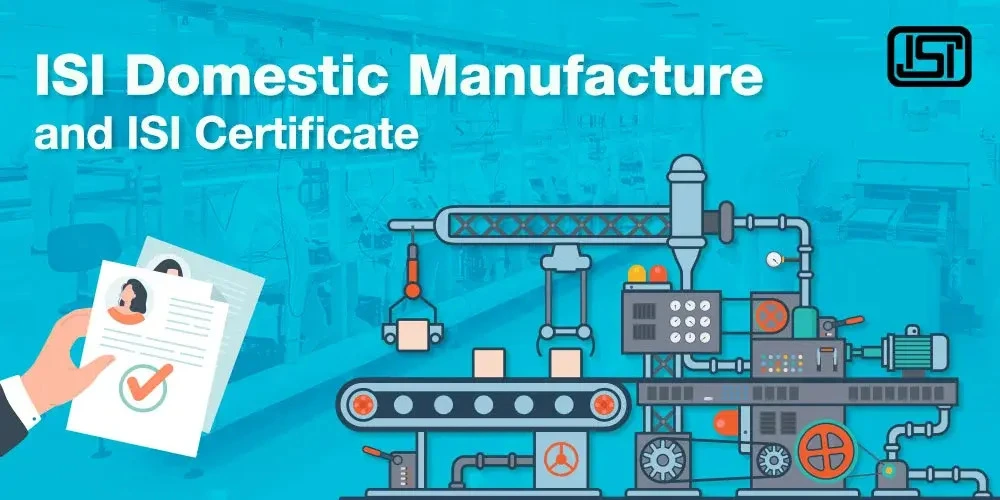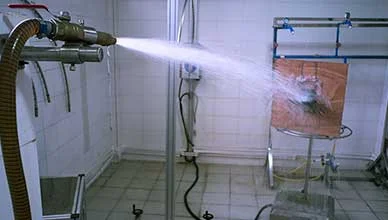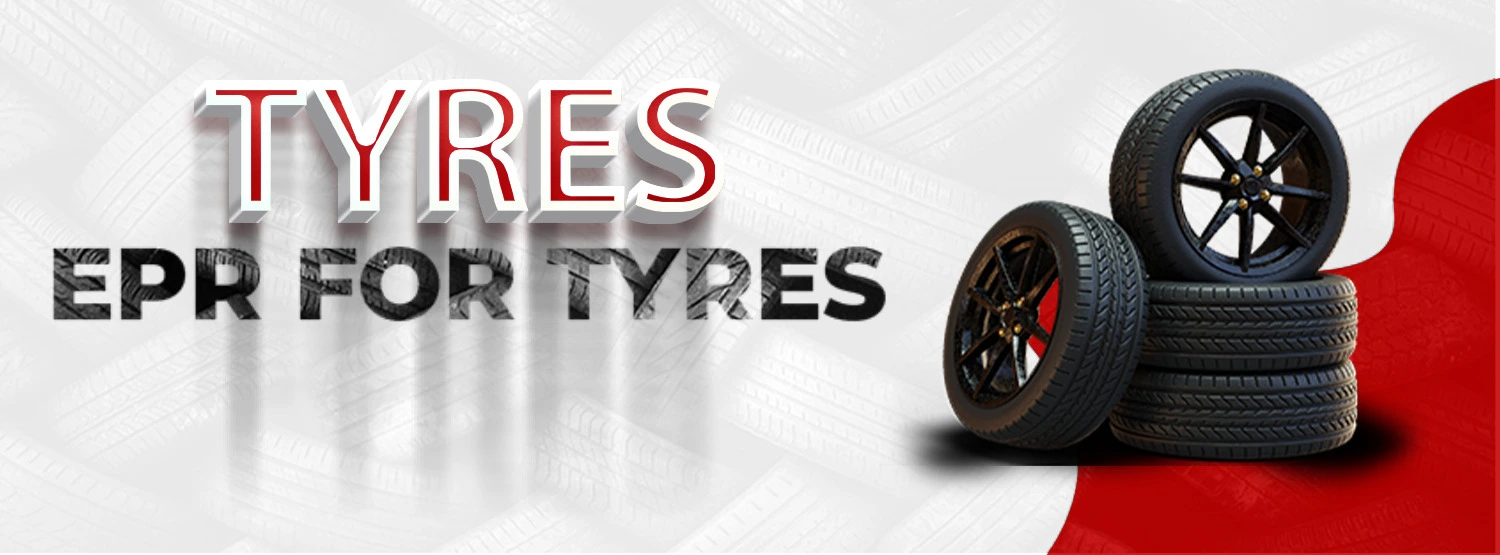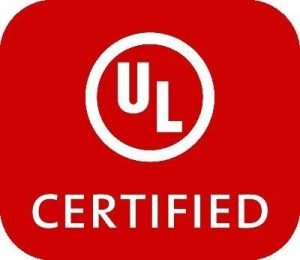EPR REGISTRATION FOR BATTERY WASTE MANAGEMENT
First Intro.
The Union Ministry of Environment, Forest and Climate Change has recently published the Battery Waste Management Rules, 2022 to ensure environmentally sound management of waste batteries. The rules cover all types of batteries, viz. Electric Vehicle batteries, portable batteries, automotive batteries and industrial batteries. The rules’ function based on the concept of Extended Producer Responsibility (EPR) where the producers (including importers) of batteries are responsible for collection and recycling/refurbishment of waste batteries and use of recovered materials from wastes into new batteries. EPR mandates that all waste batteries to be collected and sent for recycling/refurbishment, and its prohibits disposal in landfills and incineration. To meet the EPR obligations, producers may engage themselves or authorize any other entity for collection, recycling or refurbishment of waste batteries
As the demand for electronic devices and batteries increases, so does the generation of epr battery waste. Proper management of battery waste is essential to prevent environmental hazards and promote sustainable development. EPR Registration for Battery Waste Management plays a crucial role in achieving these goals. This comprehensive guide covers everything you need to know about Extended Producers Responsibility for Battery Waste, including the benefits, implementation process, and how to get assistance from an EPR Registration for Battery Waste consultant in Delhi.
WHAT IS BATTERY WASTE MANAGEMENT
EPR (Extended Producer Responsibility) for Battery Waste Management is like a set of rules. It says that companies that make batteries have to take care of those batteries even after people use them up. They need to make sure the old batteries are collected, recycled, or thrown away safely so that they don't harm the environment or people's health.
The idea behind EPR for Battery Waste Management is to reduce the harm that old batteries can cause to the environment, like pollution or improper disposal. It also pushes battery makers to be responsible for their products, even after they are sold, and to encourage recycling and eco-friendly practices in the battery industry.
BATTERY WASTE MANAGEMENT RULES
A bunch of different folks and businesses involved in dealing with and recycling used batteries need to follow certain guidelines. It doesn't matter what kind of battery it is whether it's from electric cars, regular gadgets, vehicles, or factories these rules cover them all. The new rules make sure that a certain amount of materials from old batteries gets reused, and new batteries have to use some recycled materials. These rules help the Indian government's plan to create a more eco-friendly system where everyone has to take care of their products.
In 2022, the Ministry of Environment, Forestry, and Climate Change in India made new rules for dealing with used batteries. These rules replaced the older ones from 2001.These rules are about how to handle different kinds of used batteries. This includes batteries that are no longer working, parts from the battery waste registration, and batteries that are old and not used anymore. It also covers batteries that didn't meet quality standards before they were used, and batteries that people threw away.
The rules talk about three main types of batteries:
- Batteries that don't work anymore and their parts, whether they are harmful or not.
- Batteries that didn't get used during the manufacturing process.
- Batteries that people threw away.
These rules apply to everyone who is part of the EPR Registration for Battery Waste process of collecting, sorting, moving, fixing, and recycling all kinds of old batteries. This includes the companies that make batteries, the sellers, and the people who use them. The rules cover all sorts of batteries, like the ones in regular devices, electric cars, cars, and big industrial batteries.
But there are some exceptions. These rules don't apply to batteries used in things like weapons, military equipment, or stuff meant to go into space. Those have their own special rules.
GOVERNMENT GUIDELINE FOR BATTERY WASTE MANAGEMENT 2022
EPR Registration Type
BENEFITS OF EPR REGISTRATION FOR BATTERIES
1. Improved Waste Handling: Enhancing Waste Management
EPR registration leads to a more effective approach to waste management. It requires product manufacturers to establish systems for collecting used items, collaborate with recycling facilities, and promote recycling. This result in better waste sorting, increased recycling rates, and reduced environmental waste.
2. Cost-Efficiency: Cutting Expenses through EPR
Implementing EPR registration can result in cost savings for businesses. By optimizing waste management practices, companies can reduce waste disposal costs, explore revenue opportunities through recycling, and enhance overall operational efficiency.
3. Enhanced Corporate Image: Earning a Positive Reputation with EPR Registration
Obtaining EPR registration not only benefits the environment but also boosts a company's standing among environmentally-conscious consumers. This fosters trust, enhances brand loyalty, and improves competitiveness in the marketplace.
EPR REGISTRATION PROCESS FOR BATTERY WASTE MANAGEMENT
The EPR registration process for battery waste management, including EPR Registration for Battery Waste Management, is vital. It involves document review, form submission, expert evaluation, and the granting of an authorization certificate, often known as EPR Authorization. The registration fee depends on a company's annual turnover, and the required documents include sales details, contact information, financial information, and various certificates and consents. It is easily done in 4 easy steps:
1. Review and Record-Keeping
When you want to register for EPR for Battery Waste Management, you need to give all the necessary information and documents. Our experts will go through them to make sure everything is in order.
2. Submission of EPR Battery Registration Form
Once our experts check and approve all your documents, we will submit your application to the CPCB authorities for online EPR Registration for batteries.
3. Evaluation by CPCB Experts
The CPCB will carefully review your online application for EPR registration. If they find any problems or things that don't match, they will work with you to fix them.
4. Granting EPR Authorization for Battery Waste
You'll receive your EPR Registration Authorization Certificate within 30 days of applying. Once you have this certificate, you need to follow a plan to meet your yearly EPR target for battery waste management.
FEE FOR BATTERY EPR REGISTRATION
The cost for registering under EPR for battery waste management set by the government can change depending on how much waste you produce.
Annual Turnover in Cr.
Battery EPR Registration fee
Less than 5 Cr
10,000
Between 5-50 Cr
20,000
More than 50 cr
40,000
DOCUMENTS REQUIRED FOR REGISTRATION OF PRODUCER:
- Sales details
- Phone Number
- Name of Email ID
- Capital Investment
- Company GST Certificate
- PAN Card of the Company
- Company Incorporation details
- Corporate Identification Number (CIN) document
- Copy of consent (CTE/CTO) for uploading with start date of operations
- PAN & Aadhar of authorized person with designation in Company
- District Industries Center(DIC) registration(if the unit is registered with DIC) Import Export Certificate issued by Ministry of Commerce & Industry (in case of importers)
- Consent Issued by SPCBs/PCCs under Air/Water Act and authorization under Hazardous Other Waste (Management&TransboundaryMovement) Rules, 2016.
CONCLUSION
EPR (Extended Producer Responsibility) for Battery Waste Management sets rules for battery manufacturers to be responsible for their products, even after they are used. This helps protect the environment and encourages recycling. India's Ministry of Environment made new Battery Waste Management Rules in 2022, replacing older ones, to ensure the proper handling of various types of used batteries. These rules apply to everyone involved in battery collection, recycling, and disposal, except for batteries used for military and space purposes.
The new Battery Waste Management Rules and EPR registration process aim to create a more eco-friendly and responsible system for managing battery waste in India. If you need assistance with EPR Registration, consider consulting with an EPR Registration consultant based in Delhi, simplifying the process. You can get in touch with us through email at contact@evtlindia.com or by giving us a call at 9560935898.
EVTLINDIA is dedicated to fulfilling your requirements by offering swift and efficient EPR Registration services for battery waste management. Our team of professionals will be there to assist you at every step, ensuring that you obtain your EPR Registration certificate for Battery Waste Management promptly.
- Home
- About Us
-
Services
- BIS ISI Mark Certification
- BIS-CRS Certification
- ISI Domestic Manufacture
- EPR Plastic Waste
- EPR E-Waste
- EPR Registration
- EPR Battery Waste
- BIS FMCS Registration
- WMI Registration
- BIS ECO Mark Scheme
- BIS Certification for Footwear
- EMI-EMC Test
- RF Testing
- IP Rating Test
- TEC Approvals
- NABL Testing
- LM 79 & LM 80
- ROHS Approval
- CE Certificetion
- EPR Importance
- EPR For Tyres
- EPR For Used Oil
- TradeMark
- Copy Right
- WPC-ETA Approval
- BEE Registration
- FSSAI Registration
- Gem Registration
- BIS Certification for Toys
- Import Export License
- Custom Compliance
- LAB Setup and lab equipment
- UL Certification
- CDSCO Approvals
- Drug License
- NOC For Steel
- IMEI Registration
- ISO Certification
- Legal Metrology
- NSIC Registration
- Start-Up Registration
- Make in India Mark
- LMPC Registration
- CDSCO Registration
- Updates
- Gallery
- Clients
- Contact Us

















































































